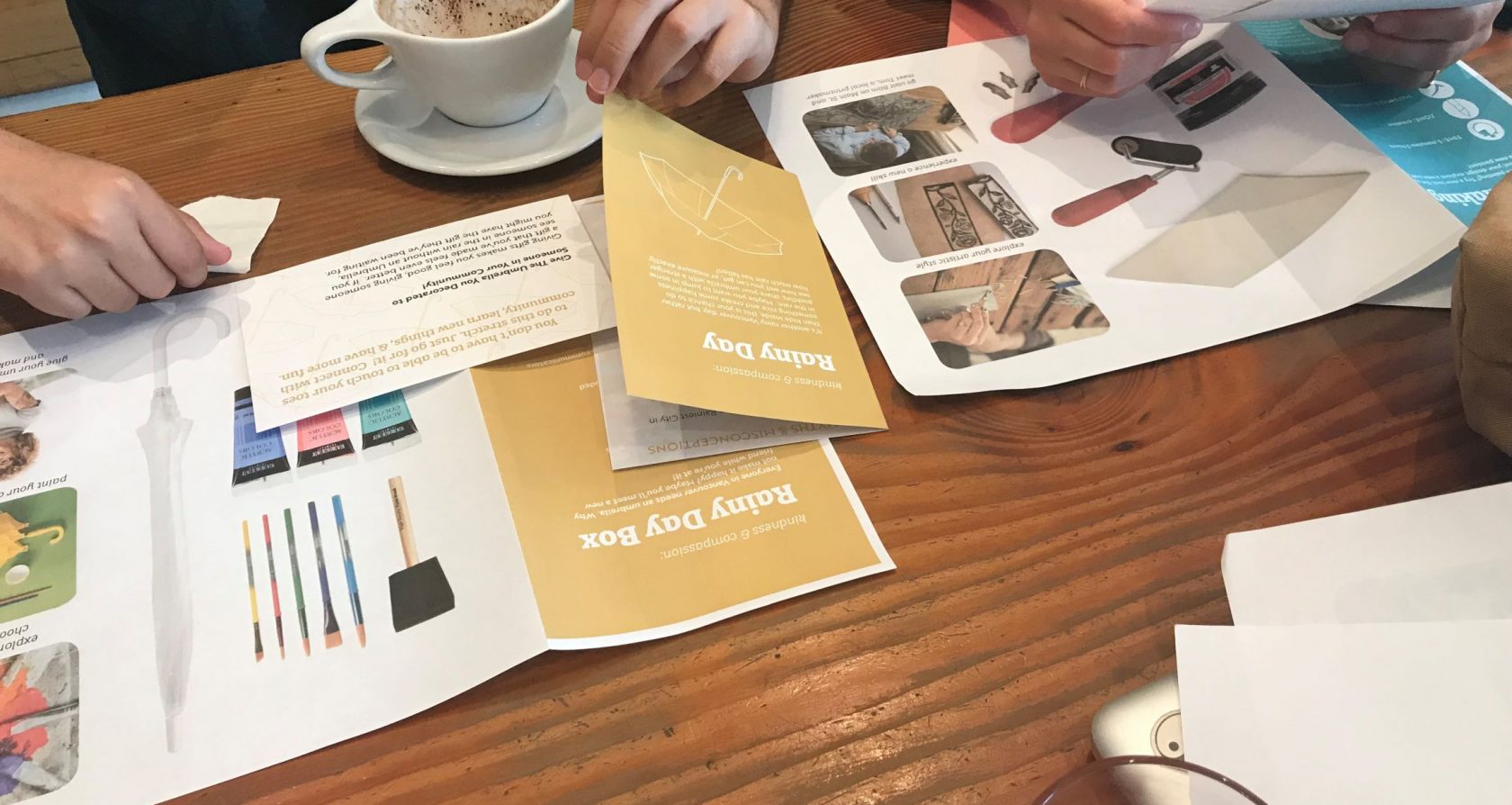Categories
Step into this co-design role
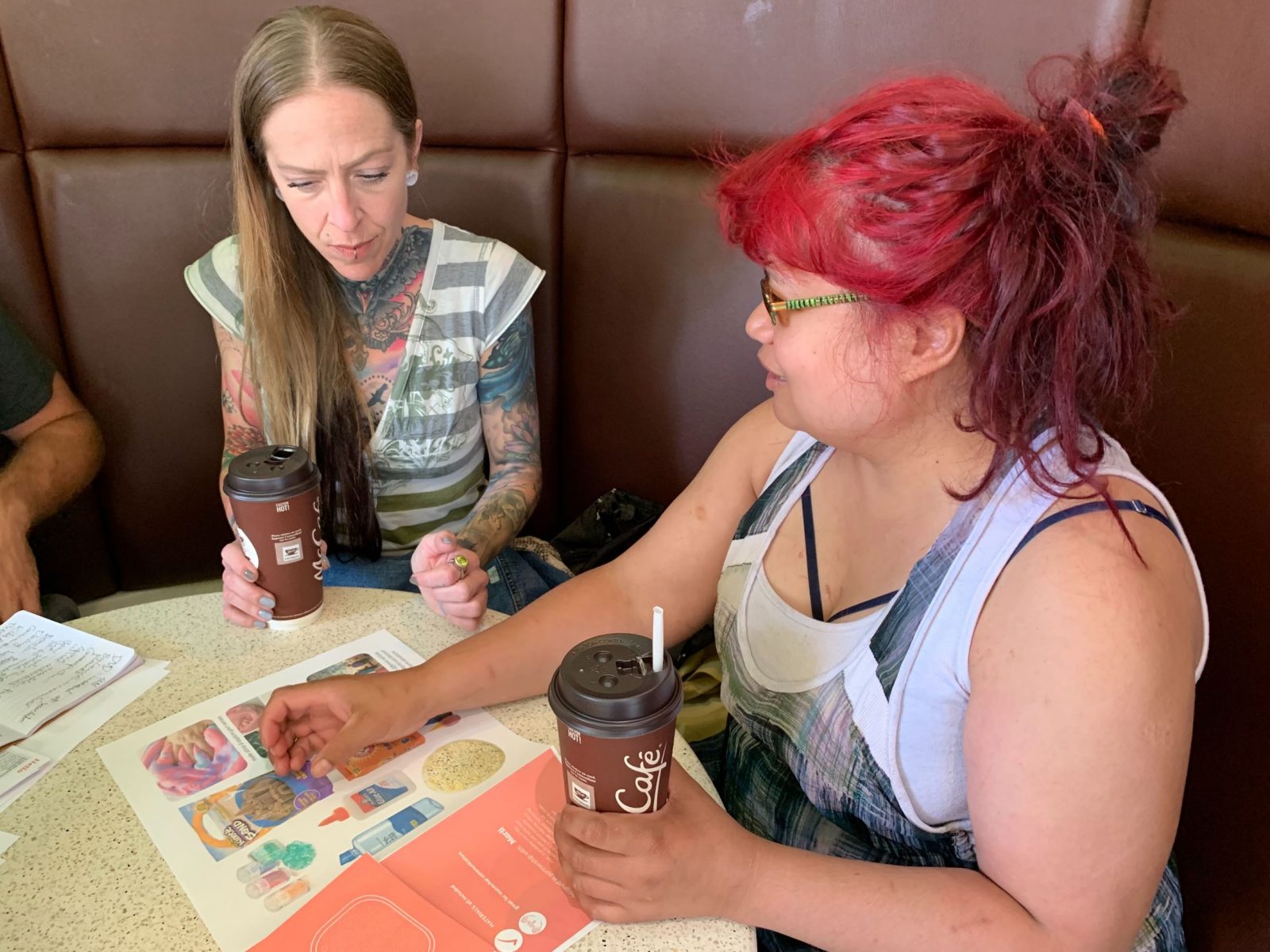
As we dive deeper into the creation, design and definition of what exactly Meraki is, it’s critical to check-in repeatedly with persons with diversabilities (our users), to see if what we are coming up with is something intriguing, inspiring, or thought-provoking to them. To have that process be worthwhile and capture the spirit of co-design we need to incorporate the users’ feedback into future versions of Meraki. Really strong collaboration is an art form, even among players with many things in common, but what happens when we ask disempowered people to assert what they are thinking or feeling? When we ask people who are not used to wielding their power to wield it?
Persons with diversabilities capacity to wield their own power is diminished by varying degrees due to their very disability. Simultaneously their power and self agency has been denied throughout history, as the manner in which they possess it may not be readily accepted societally. As humanity has evolved we’ve taken steps to return power to its rightful owners, most notably by closing institutions. Deinstitutionalization had the potential to fundamentally change the relationships of persons with diversabilities to their support systems and wider community, but today, power is still held by the funders, non-profit agencies, support workers, and communities that are focused on the experience of persons with neurotypical abilities. It is the considerable responsibility of service providers to find ways to redistribute power in a manner that lets people shape their own life. And services aspire to do this, but at the end of the day mitigating risk most often takes precedence over individual agency and preference.
"I'll have what she's having"
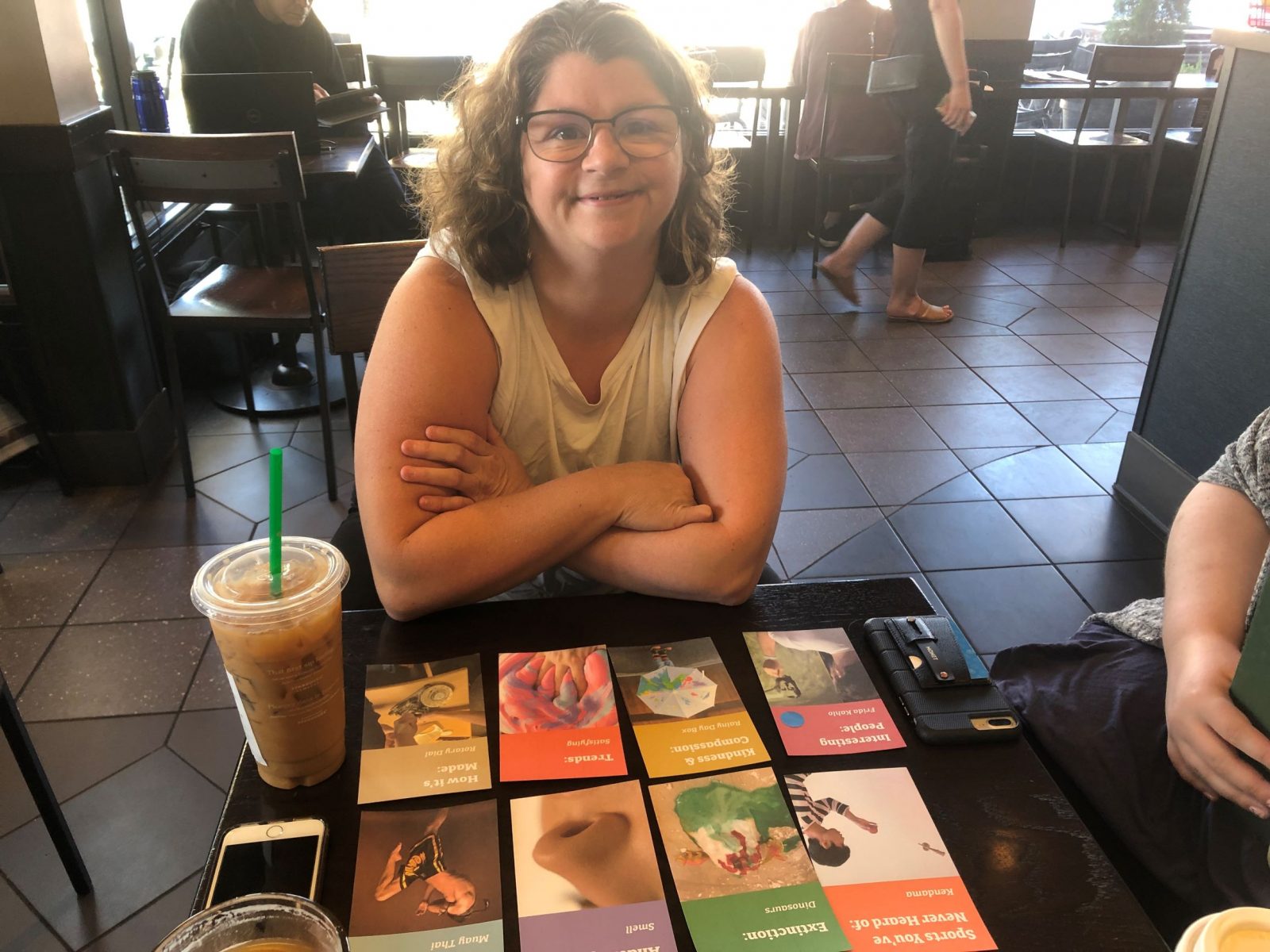
Enter the Meraki co-design team with a plethora of new activities for persons with diversabilities and their staff to pick from, and one day, partake in. Blank stares face us as we present our ideas: we get two general responses, “wow, I’ve never seen this before,” and “Sure, ok, great.” As co-designers, we’re searching for honest, unfiltered feedback. Without it we can’t claim to be doing co-design or implement changes to Meraki that respond directly to our users’ needs. We return with, “but if you had to pick one?” or “which one do you like better?” or “rank your top three,” and on and on. We are often met with a deferral: “I guess that one. She [my staff or friend] picked that one, so I will too.” We sense that the individual is most invested in making their staff happy, or us, or in having anything new to do rather than nothing new at all. And so getting feedback on the actual opportunities is hard–whether what we are presenting people with is too overwhelming and consequently undesirable, or that they’ve been so conditioned out of making their own choices that asking them to do so in this way is unreasonable.
Finding our starting point
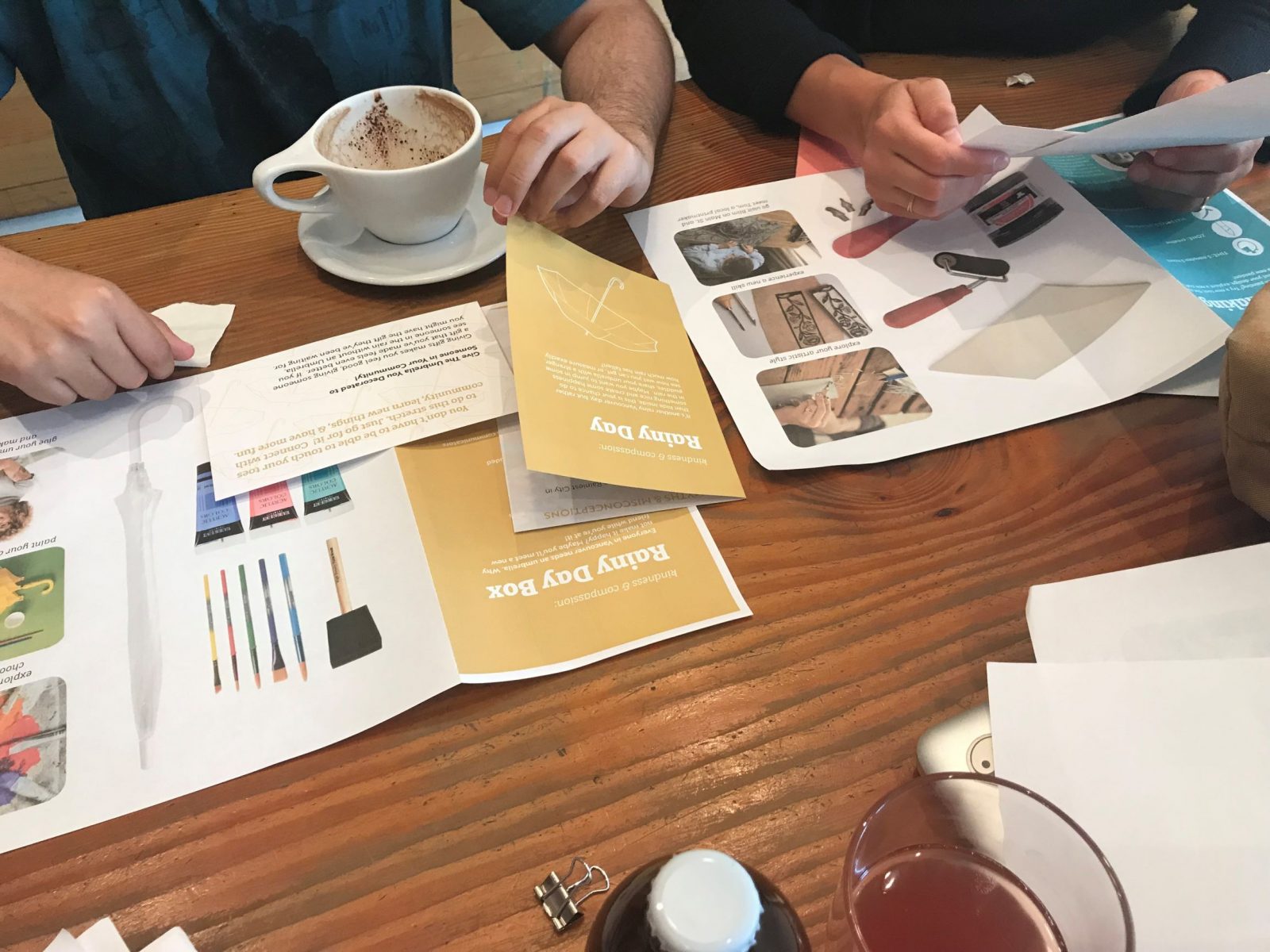
We often left our co-design sessions feeling underwhelmed and questioning our project as a whole. It just didn’t feel like we were getting feedback that was authentic, or would actually help us develop Meraki further. I wholly believe that people with diversabilities are capable of providing feedback and ideas that will make Meraki a better offering. But I also know that being in services that don’t often have the capacity to provide space, time, or avenues for people to make impactful decisions about their own lives can compound a person’s disability. People become used to others making decisions and curating their environment for them. Whatever ability they may possess to shape their world and life is not honed, or used, because there is no reason to use it. This isn’t willingly and knowingly done by support workers or community living agencies, it is just where things have landed at this point in history. This is what Meraki is seeking to address by introducing choice, development of preferences, and new relationships to community.
All of this begs the question of how to do useful, authentic and ethical co-design in existing spaces where the distribution of power and choice are so uneven and steeped in complexity? In such a context, we are in no way shocked that our co-design sessions went the way they did. We were implicitly asking people to wield power they are not used to wielding, in order to help us build something to help them learn to wield their power. This is the equivalent of saying you must already know how to do something in order to learn how to do it, which is… nonsense.
Three Lessons for How to Co-Design
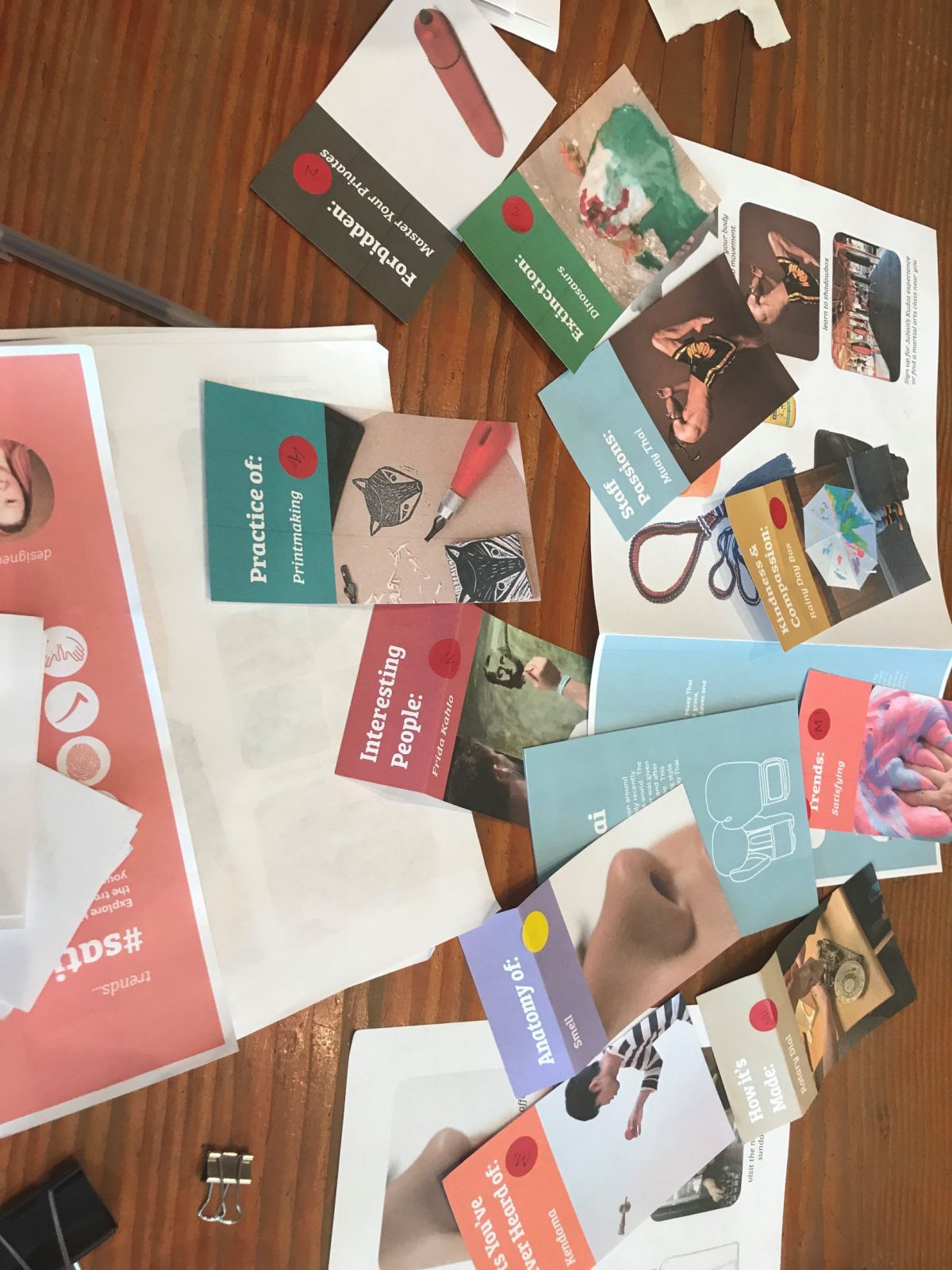
So what are the implications of this with co-design in the community living space and how are we going to address this going forward? For one, we are going to provide as much tactile, hands-on, brains-on, content for people to interact with as possible when it comes to future prototyping and co-designing. Our hope is that getting concrete with our co-design materials will give people with diversabilities something more discrete to practice making decisions around, versus the hypothetical and abstract content and concepts from our previous co-design sessions.
Second, we recognize that when asking someone to learn a new skill, including owning your self-agency and wielding your power, there will be a learning curve. In the hopes of easing the learning curve we plan to provide more space and time for people to interact with and make up their minds about the content Meraki creates. When someone isn’t given the opportunity to add new experiences to their lives, we can’t expect them to do it quickly when they are finally given the opportunity.
Third, we will continue to seek to understand our users and their needs more fully. Clearly we missed the mark to a certain extent with our recent attempts at co-design, but it was not fruitless: through the process we gained a deeper understanding of our end users and what the starting point is for the design of Meraki. Maybe that is our greatest learning over the last month: before we begin designing for people, we need to know where they are currently at. We need to make stepping into the new world Meraki seeks to create feel like a baby step rather than the first step on the moon.
